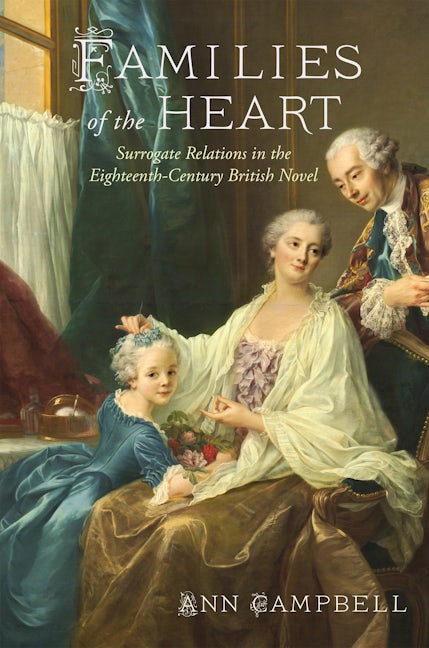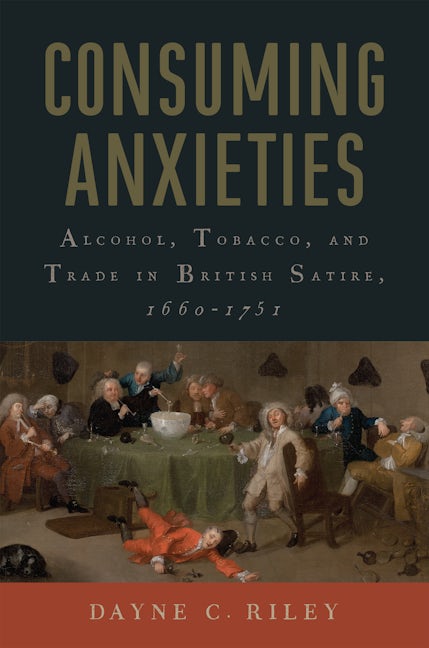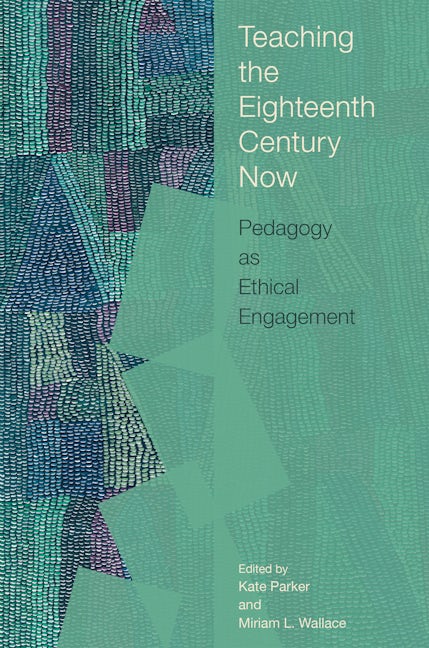“Campbell opens our eyes to a revolution of choice taking place during the eighteenth century. This groundbreaking study of surrogate families in the novels of Defoe, Richardson, Haywood, and Burney highlights the changing dynamics of family and marital politics, influenced not by blood but by bond.”
~Katherine Ellison, author of A Cultural History of Early Modern English Cryptography Manuals
“Ann Campbell’s Families of the Heart is a richly detailed study that provides a nuanced examination of surrogate families in the novels of Defoe, Haywood, Richardson, and Burney. Campbell’s insights about the roles of these families in the marriage plots of these novels are generative for scholars of the period.”
~Jennifer Golightly, author of The Family, Marriage, and Radicalism in British Women's Novels of the 1790s: Public Affection and Private Affliction (Bucknell University Press)
“This study skillfully synthesizes, builds on, and extends, through careful close reading, existing scholarship on surrogate families. Careful textual analysis is supplemented by an array of contextual work, from Defoe’s didactic writing, to Richardson’s own epistles to his female friends, and Haywood’s periodicals. The novels under study, by Defoe, Richardson, Burney, and Haywood, are well selected and indicate not only broad changes over time but also, at times, the way authors experimented within their own corpus. Of particular note, is the perceptive reading of the way Richardson’s novels, in distinct and dynamic ways, experiment with familial configurations, moving towards a grand quasi-utopian vision of surrogate families in Sir Charles Grandison, one in which surrogate siblings become crucial to the intellectual and emotional development of main characters. Most valuable to this reader was the way in which this study reveals the way that women writers transformed inherited models of the surrogate family to create dynamic families who exist not merely to propel the female protagonist towards marriage but also to enhance the emotional and intellectual development of female characters, to encourage discernment in the selection of close advisers, and to demonstrate that women can live fulfilling lives regardless of circumstances. This close examination of ten novels provides a useful typology of surrogate families that is relevant both within and beyond the eighteenth century.”
~Sharon Alker, coauthor of Besieged: Early Modern British Siege Literature, 1642-1722
“Engagingly written and narratively taut, Families of the Heart is well worth reading for scholars of the novel, and is poised to launch any number of exciting further conversations.”
~Jane Austen Society of North America











